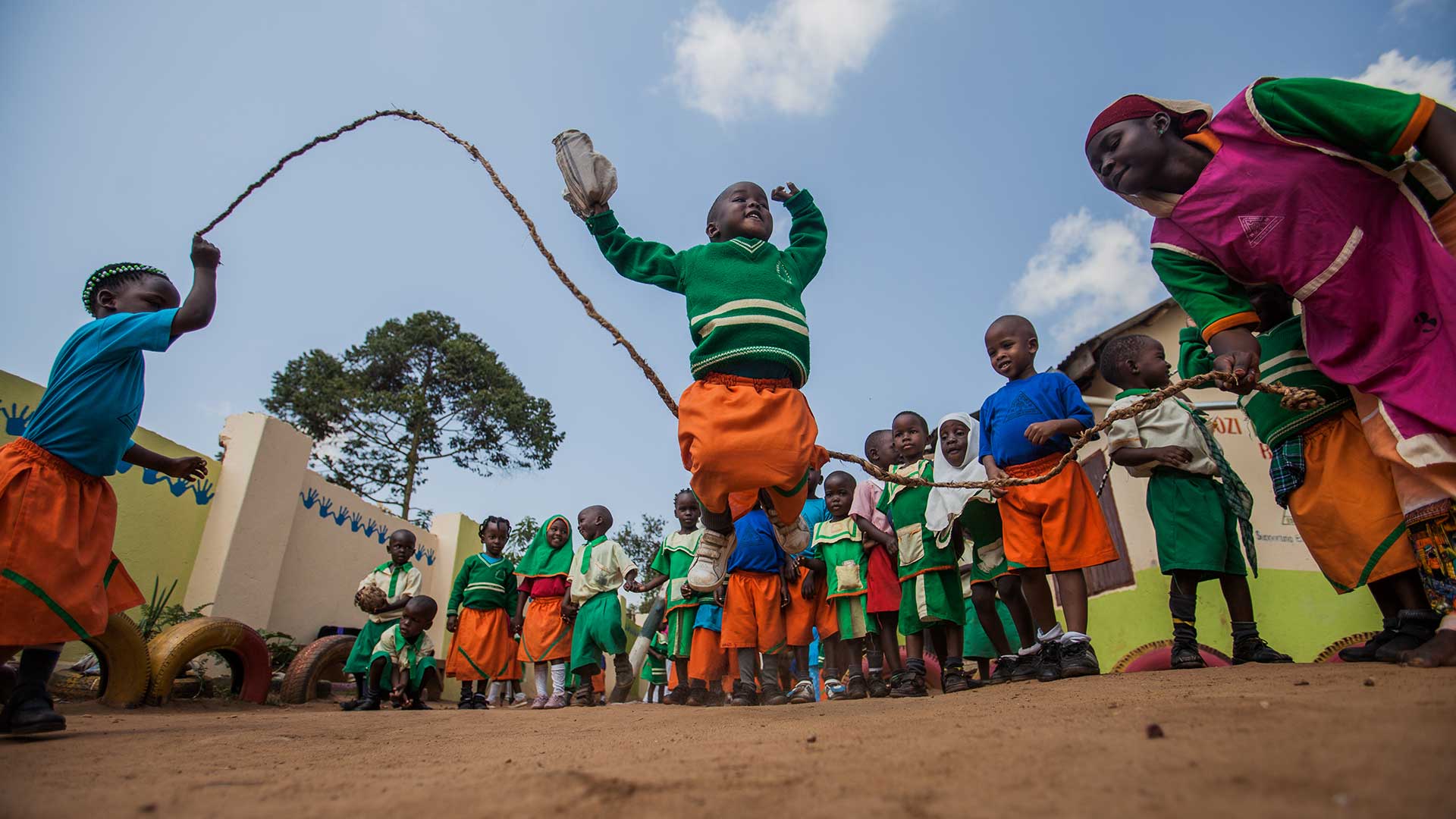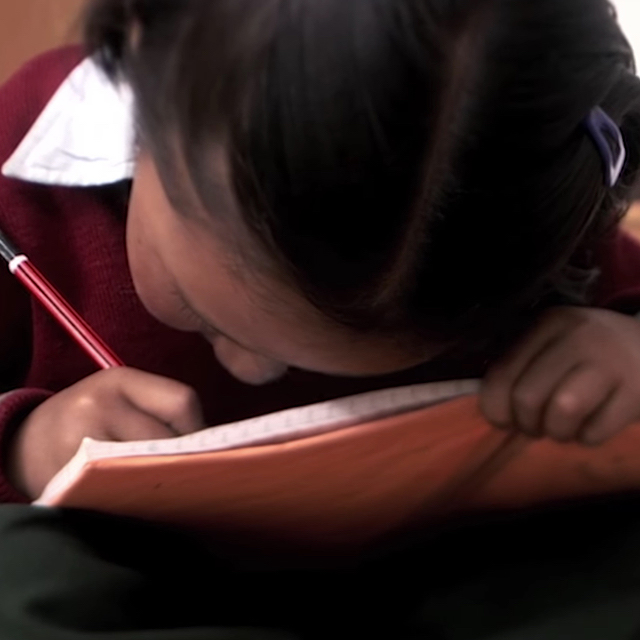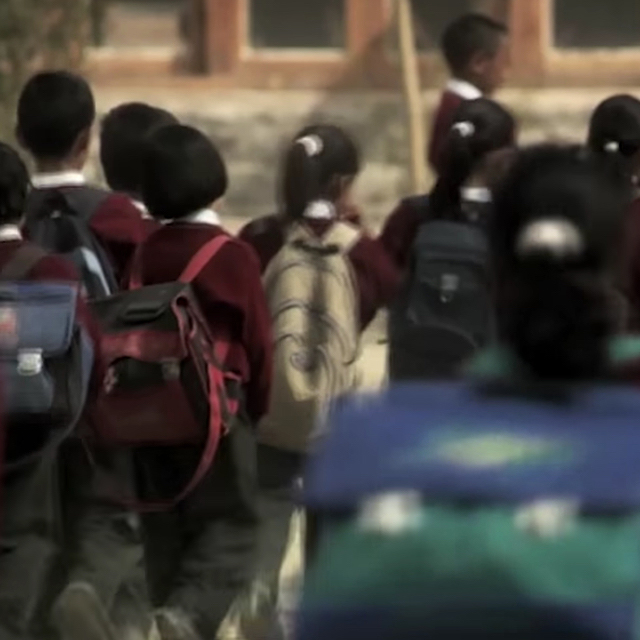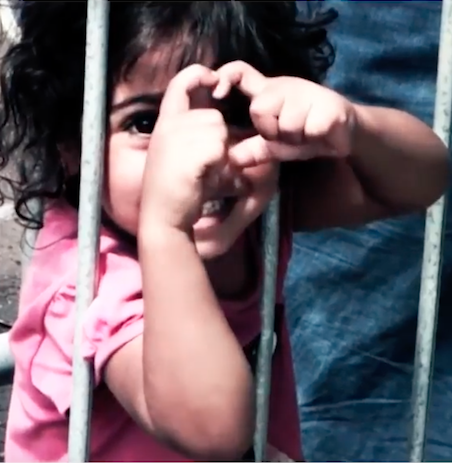What does a successful early childhood care program look like? How has a child’s brain developed at the age of 3? How does nutrition impact the future well-being of a child into adulthood?
Learn the answers to these questions and more in The Best Start in Life: Early Childhood Development for Sustainable Development, an 8-module massive open online course. With leading experts in the field – hailing from Harvard University, New York University and UNICEF, among other institutions – we’ll explore how neuroscience, sociology, anthropology and other studies have influenced our understanding of early childhood development.







